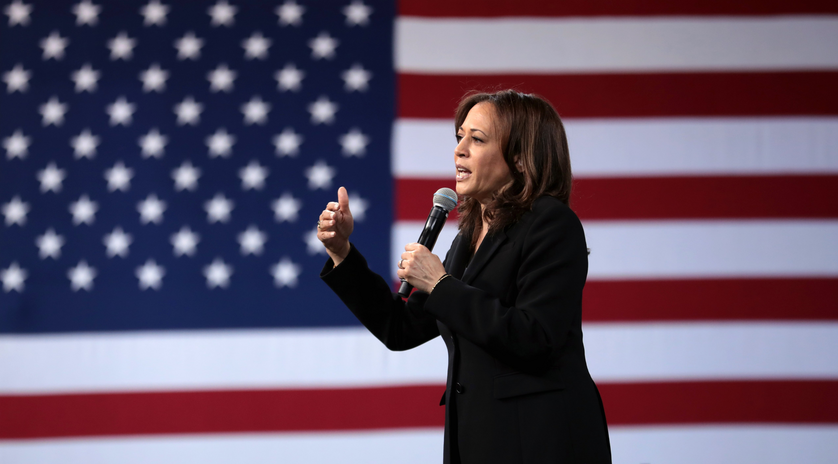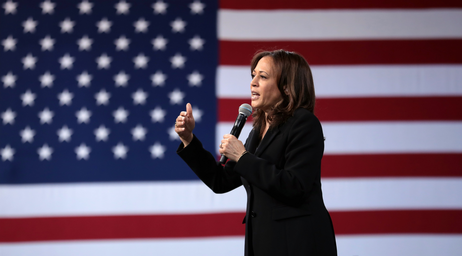The Washington Post has always reminded the world that ‘democracy dies in darkness.’ We have now entered that darkness.
The Post’s acquisition by billionaire Jeff Bezos, CEO of Amazon, promised not to impede its journalistic integrity and workings. Today it has done just that. On October 25, 2024, only eleven days before the election, Jeff Bezos made the overruling decision that the Post would no longer endorse a presidential candidate for this year’s election or in any future presidential election. This is shocking and unsettling news, as the Post has endorsed a candidate since 1976’s Jimmy Carter.
This news is hugely upsetting to those who see media endorsements as a critical reflection of democratic values. Media endorsements act as a guiding voice for readers of publications due to their respected platform and investigative practices. Readers look to trusted news sources to gain insight into electoral campaigns and to help them navigate a complex political landscape. The choice to refrain from selecting a candidate weakens the functionality of a healthy democratic system.
Understandably so, journalists and editors of the paper and within the news sphere have erupted in anger; Bezos, with only care for his business and not for the people of the country, has stripped a fundamental piece of the Post away without regard for the consequences. Although the endorsement was drafted by the board, it could not be presented before Bezos announced the ending of the Post’s tradition. Stifling the Post’s journalistic political base puts at risk the ability of other major journalistic platforms to report fairly and freely.
The Post is not only losing an opportunity for free expression but also losing the respect of its staff and readers. Editor Robert Kagan has announced he will be resigning over their decision.
A retired editor of the paper, Martin Baron, posted on X in response to the decision, expressing his anger and fear for the future. The quote reads,
“This is cowardice, with democracy as its casualty. @realdonaldtrump will see this as an invitation to further intimidate owner @jeffbezos (and others). Disturbing spinelessness at an institution famed for courage.”
Martin Baron, X
We have entered late-stage capitalism—money first, people’s welfare second. Part of the definition of late-stage capitalism can be defined as “criticiz[ing] the growing wealth gap and the concentration of power in the hands of a few.” The reason writers like ourselves and others are so upset at this decision is because it is being perceived that the Post is shying away from its responsibility as a large news forum. They have a responsibility to inform their readers so that there can be a further informed electorate body, and now both of those will be shrinking.
For many decades, newspapers in the US have endorsed political candidates, and while there are sometimes liabilities that arise from this, it is a long-standing piece of electoral campaigns in the US, with the Washington Post being one of the most influential and trusted. It has us asking the question, why now? Given the speculation in the Post’s article that there was supposed to be an endorsement for Kamala coming to the Post, readers are concerned. Does Bezos have something against supporting a female candidate, or does he only care about his business dealings?
Do what the writers of the Post can no longer do—promote freedom, promote the future. If you are an American citizen who is eligible to vote in this election, please make sure to cast your ballot. Even though journalism forums are failing to adhere to their principles, you as a citizen or bystander still have the freedom to make real change.
This is the beginning, not the end, of the conversation regarding media organizations and their involvement in the electoral process. However, the concerns about Bezos’s control of journalistic freedom and the traditions of the Post cannot be passed over or pushed aside. In these times of uncertainty, the refusal of the Post to take a stand is not a demonstration of neutrality but a relinquishment of responsibility—a choice that risks leaving the people without a trusted voice when they need it most.



